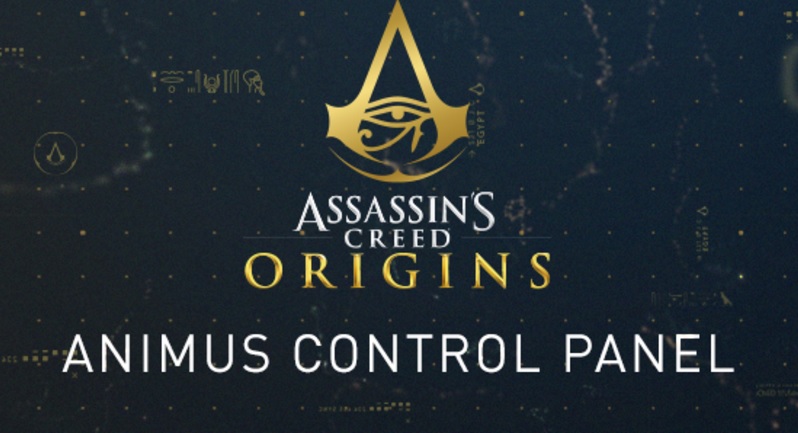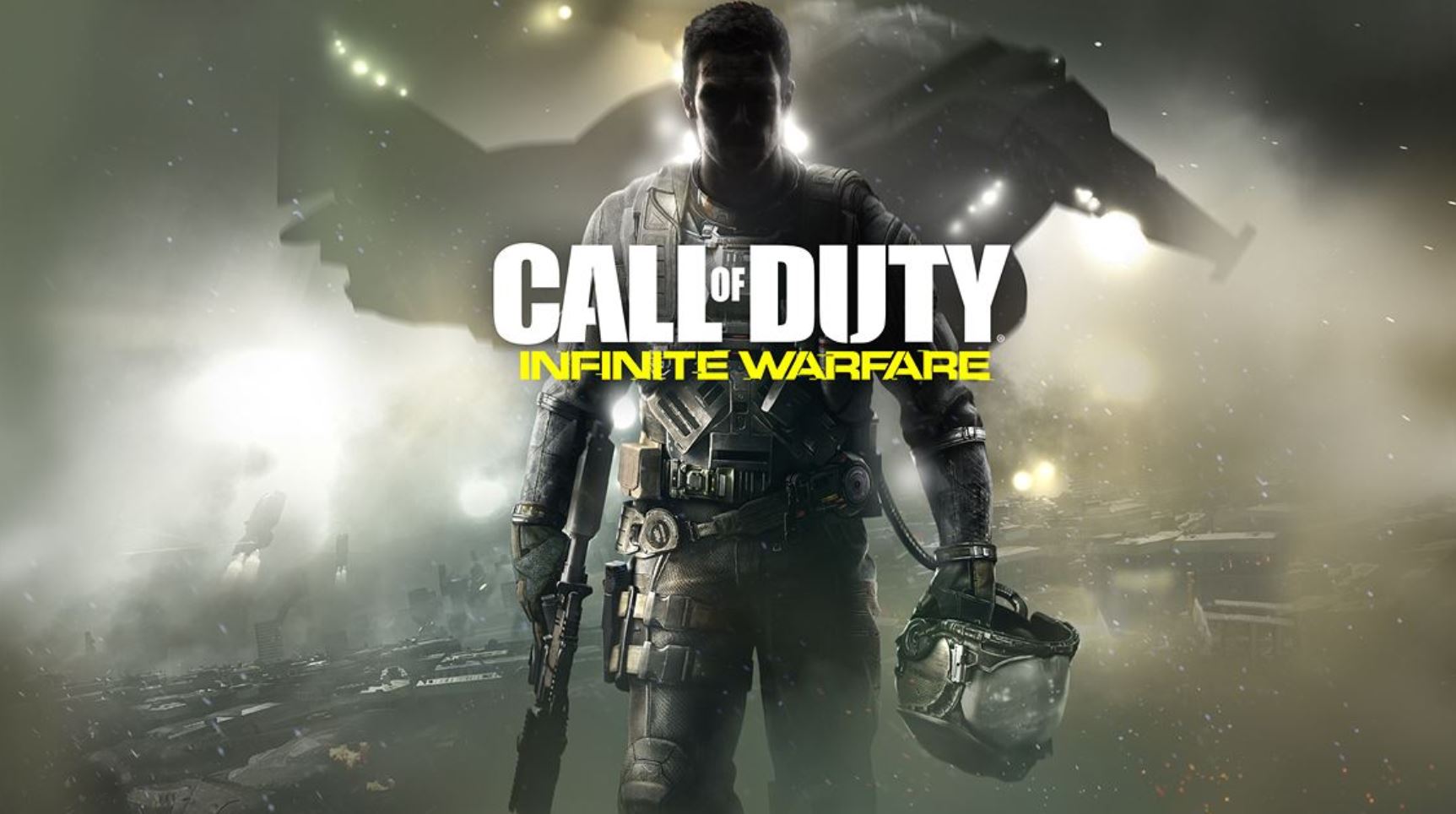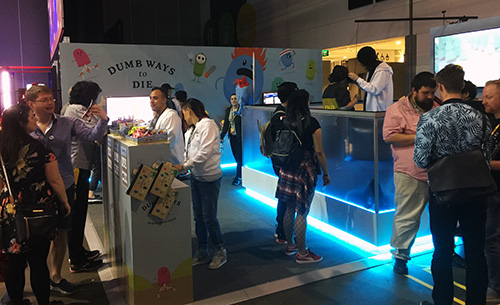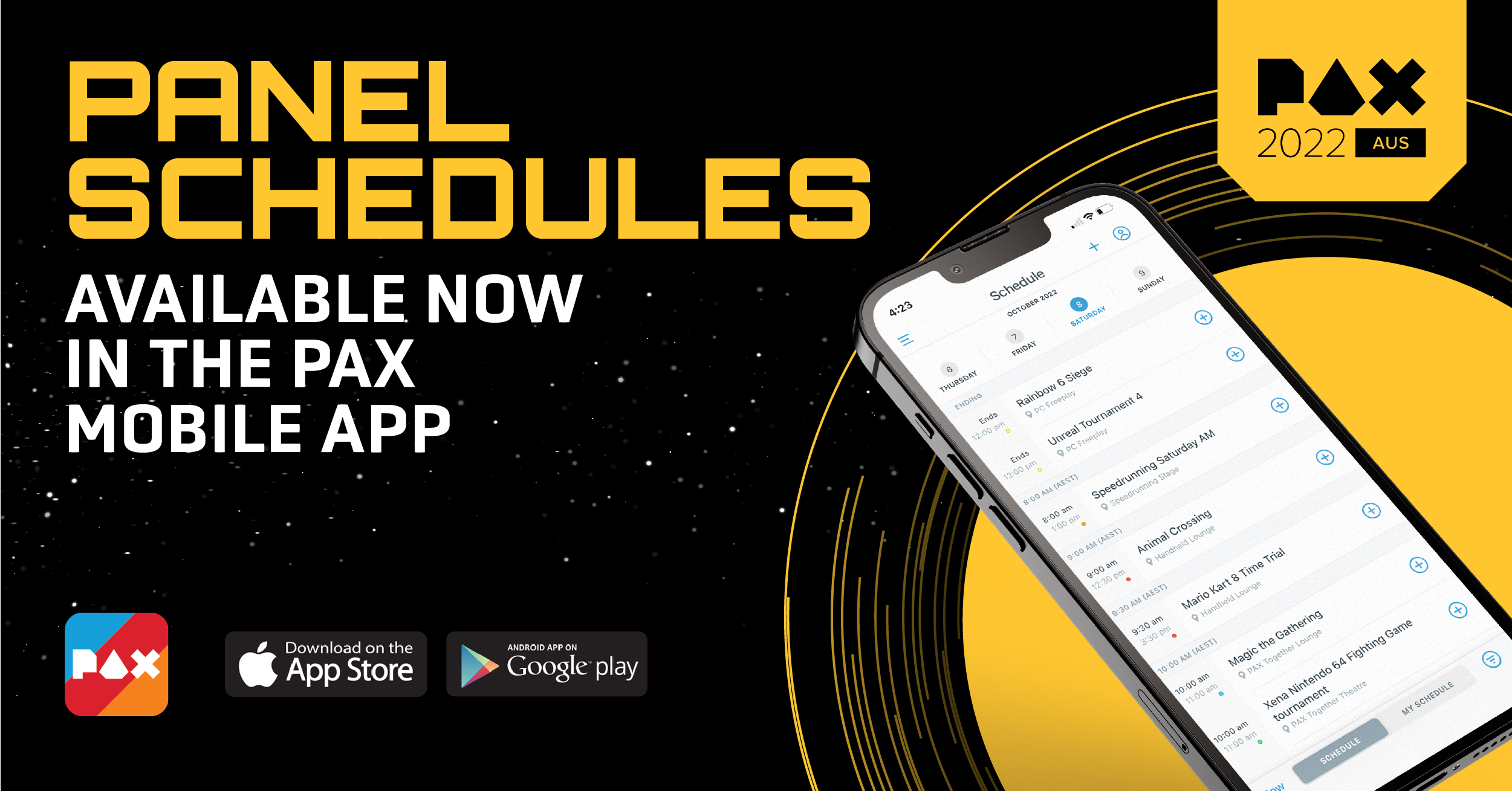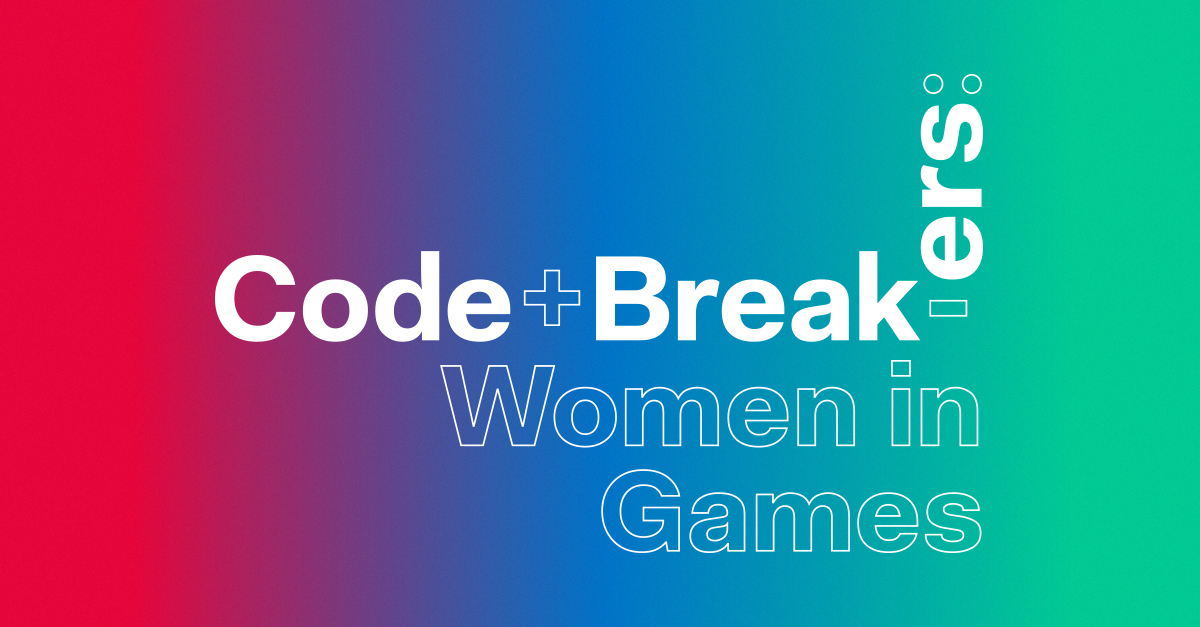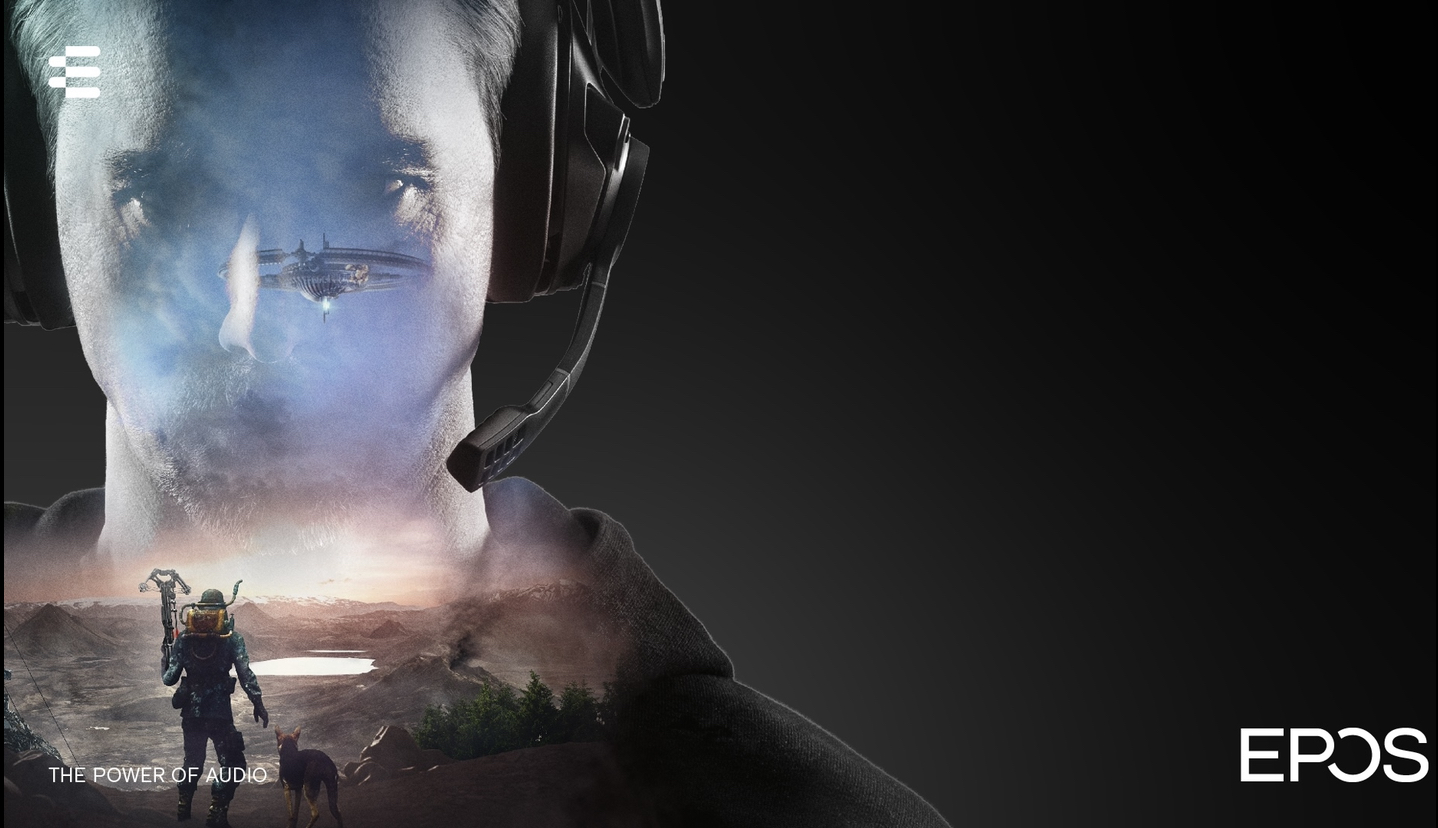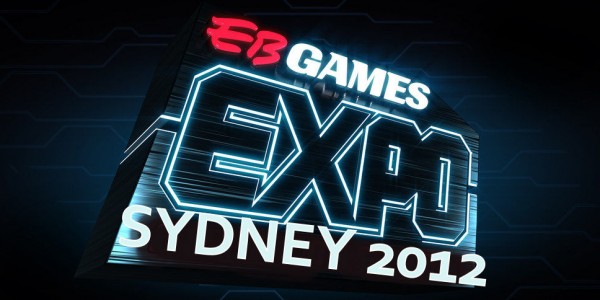
In amongst the video games, queues and Ed Boon sightings, a few panel discussions took place at the 2012 EB Games Expo in Sydney. One such panel that Rocket Chainsaw were lucky enough to sit on was the Ladies in Gaming Panel, presented by Geekbomb. Both Maude Garret and Rae Johnson of Geekbomb and Save Point moderated the panel, which included six females in the gaming industry: Janet Carr, Creator/Producer of Good Game, Stephanie ‘Hex’ Bendixsen, Good Game Host, Rebecca Fernandez, the CMO of Convict Interactive, Tash Richards, Creator & Editor-in-chief at SaveGameOnline.com, Kirsty Sculler, a games lecturer & host of New Game Plus and last, but certainly not least, Snezana ‘Snez’ Stojanovska the Regional EA PR Manager for Asia. Each of them detailed their backgrounds in gaming as well as some future aspirations in store for them. On top of that, the panel was gracious enough to take some questions from the enthusiastic audience. Below are some of the numerous highlights from what was an intriguing and entertaining panel for all who were in the audience and took part.
Janet explaineds how she helped to get video game TV show Good Game rolling for the ABC. After being told by past execs that there would never be a gaming show like it in Australia, Janet says she found the ABC2 crew much more like-minded and accepting of her vision thanks to a similar geekish and tech background. Today, Good Game remains one of the most popular shows on ABC’s iView service. Janet said she believes gaming won’t ever go away, and hopes the likes of Hex and Bajo will become like Margaret & David of At the Movies. Going into the future, Janet said she wishes to make a documentary about gaming culture itself.
Nicely segueing into the hosting side, Hex told the tale of how she got into gaming. Hex said that it was rather abrupt for her, as she didn’t have a major interest in it until becoming a host for Good Game. For Hex, she got her start when she met future co-host Bajo at Supanova while dressed as Starbuck from BattleStar Galactica and got to interview him. it was this interview which eventually led to her being by his side on GG. Hex said that working on the show is unlike anything else out there, as there’s a lot that they do which doesn’t necessarily come off on camera – they record every single hour of the games they play for reviews, for instance.
Moving into the tech aspect of gaming, Rebecca recounted her origins as a programmer. Studying the craft at the University of Wollongong, Rebecca also received a scholarship, and felt like she rediscovered how to breathe when she got stuck into gaming programming. Other Wollongong alumni wanted to make games with Rebecca when graduating, but it was when a lot of Australian studios were closing up, so they instead decided to start up their own company to ply their trade, Convict Interactive. Rebecca said that it can be difficult but was keen to stress how rewarding it is when she sees kids play a game and watches them light up in happiness. For those hoping to get a taste of Convict Interactive’s work, their new game Triangle Man Alpha is now available to be sought out.
Next up, Tash gave an insight into the online journalism side of gamingm, recounting her experiences founding Save Game Online. Tash discussed how it can be tough being based in Brisbane when Syd and Mel have most of the gaming publishers and developers. However, Tash said that the team is able to use social networks to find people and make things happen, making the issue of distance less pronounced. Tash said she a doctorate in psychology but gaming has always been on her mind, culminating in starting Save Game two years ago. The site has since gone from strength to strength thanks to Twitter and some Facebook work, with over 4000 Facebook likes, 3500 Twitter followers and five full-time staff.
Having a combination of both academia and presenting, friend of Rocket Chainsaw Kirsty Scalla gave her insight as a gaming lecturer and presenter on New Game Plus. Kristy says she was a terror of a child and got given a Game Boy to stop harassing her brother. Kirsty says she is heavily into cosplay, famously dressing up as Tifa from FFVII and Princess Daisy. Attending Swinburne University and doing her honours on cosplay, she now lecutres in gaming. Kristy said her studies had an arts focus and the impact of games on society, rather than the technical side of things. she was also keen to point out that many universities now offer courses of some type in video game study, both in Australia and around the world.
Nicely rounding out the panel wit perhaps the best name ever for someone in the gaming industry, Snez spoke at length about her journey into gaming from the PR. Studying PR at uni, Snez said she wanted to work in fashion and interned for a year but found that she hated it. Eventually she moved to London, where she was promoting John Wayne DVDs and didn’t enjoy it, but then took up an offer with 2K and has now had a role there for 8 years. Snez mentioned that she has worked on campaigns for Battlefield 3, Medal of Honor and others. She said that she sees her her work as drip feeding the media about games, such as product info, TV spots, events, press releases and more, and has been surprised by how much she’s enjoyed it.
After giving everyone a solid background in their backgrounds, guests were invited to ask the panelists their own questions. Starting things off in topical style, one audience member asked the panel how they felt about the abuse of women in games and within the gaming community, as seen with the treatment of Anita Sarkeesia and her Kickstarter efforts, culminating in someone making a game where they could punch her. Maude said that the study into attitudes in gaming culture by Sarkeesia was actually trying to make a point, and for someone to make a game that let you punch her is extremely vile and abusive. Maude also said that she felt like vomiting on the person who had made the game attacking Sarkeesia. Maude also said that it’s a worry that Sarkeesia was hounded when she was trying to make her voice to educate and not discriminate. Quite rightly, the entire panel and audience applauded Maude.
Taking things in a slightly less contentious direction, the next audience member queried the panel about what they enjoy the most about being involved in the games industry. Good Game host Hex said that being part of a weekly show can be a lot of hard work, and the reviews they do become like babies that they nurture, and excitement keeps accumulating when they go to air. As a developer meanwhile, Rebecca said that she gets the most enjoyment out of seeing people enjoy a game and hearing that a game they’ve made is involving. Rebecca said she was proud of the first game their team made, and although it can be very difficult she felt gratified by the fact that it’s not unachievable.
Moving into the future ever so slightly, another audience member asked the panel what they would like their legacy to be in the world of gaming. For GG producer Janet, she said she would quite simply like GG to be the best gaming show in the world, and she feels that gaming has changed society and hwo people are able to entertain themselves. Supporting Janet’s much-applauded words, Kirsty said she would like to see games being taken a bit more seriously, and not thought of as simply a children’s past-time.
The next audience member asked PR superstar Snez about some of the best ways to get into the PR side of the games industry. Snez suggested that further studies can be a major help, and will allow people to put their skills into practice. Snez suggested reaching out to publishers, and the rise of social media means that people need to gain an understanding of it as an outlet for promotion.
Going back to some more contentious themes, one member of the audience asked the panel how they feel about the sexualisation of women within video games. Rebecca made the point that male characters are also sexualised, and in an over-the-top medium like video games it’s always going to happen to some extent. She also said that there can sometimes be a lack of less sexed-up characters, but it was up to them to be able to deal with it. Hex agreed wholeheartedly, and mentioned that other male characters such as Kratos have a major emphasis on their bodies and are also sexualised to a degree. She said she didn’t mind playing a character seen as sexy, but would draw the line where it becomes ludicrous, such as fighting off hordes of orcs in a bikini. Hex did however say that she would like to see more female protagonists in games, and a lot of current female character trends originate from mostly men developing the games. Hex also made the point that many games are made by men and aimed at men, and having constant ‘damsels’ in distress’ dominating female depictions in video games can be frustrating. Lastly, Maude made the point that it’s not just video games where such female depictions of damsels in distress are at play but it’s a broader trend in most media, especially in the horror film genre.
Bringing the focus back to the Australian gaming scene, the next audience question asked what the panel saw as stumbling blocks for games in Australia. Rebecca said the high Australian dollar, global unrest and having game making become cheaper for other countries had the potential to drain resources from Australia. However, Rebecca did point out that Screen NSW does give a bit of funding, though more could be helpful. She also said that we would likely see a greater number of independent gaming studios flourish in Australia, rather than larger ones. When asked if the R18+ classification was an issue, Rebecca said that classification was a different issue and it didn’t affect her team so much, but the cost of actually classifying games in Australia was prohibitive. She also mentioned that from Convict’s Perspective, the lack of Xbox Live Indie support for Australia was prohibitive for them, and they almost had a game made available via Steam Greenlight after a lot of public support, but now need Valve themselves to be convinced.
The final meaty question came not from the audience present in the room but Twitter user TJ, who asked the panelists what were the games that helped them get into gaming. Maude kept it short and simple, claiming that The Legend of Zelda: Ocarina of Time was the game that she first played that solidified gaming as a major passion for her, to the cheers and applause of the crowd. Rebecca, meanwhile, said that Call of Duty was a major influence on her – not because of its gameplay value but as a programmer watching the threads on the outfit of a squad member in front of her had her intrigued and set for life. For Kirsty, however, the joy of gaming itself is something that she said inspired her to love gaming, rather than one particular game. Tash agreed with Kirsty, but said that if she really did have to choose just one game then it would have to be Mass Effect. Adding to the chorus of approval, Hex went to great lengths to explain how classic mud game Lensmoor had a big impact on her. Hex told the audience how she found it tough to make friends at school sometimes, and Lensmoor was a bit of escapism for her and helped her grow, and would go on to solidify gaming for her in her life. Reinforcing her credentials as a gaming lover, Janet cited Age of Mythology as the game that truly got her into gaming. Janet mentioned that she played it extensively and became a high-ranking player, and it was the game that made her realise that games had extra things about them and made her think about how long it would take to help make gaming a part of her work. Rounding out the panel for the last answer, Snez said that she didn’t start off as a gamer when she got into gaming PR, but playing Bioshock after having worked on the 2K campaign for it really convinced her to stay within the industry.

